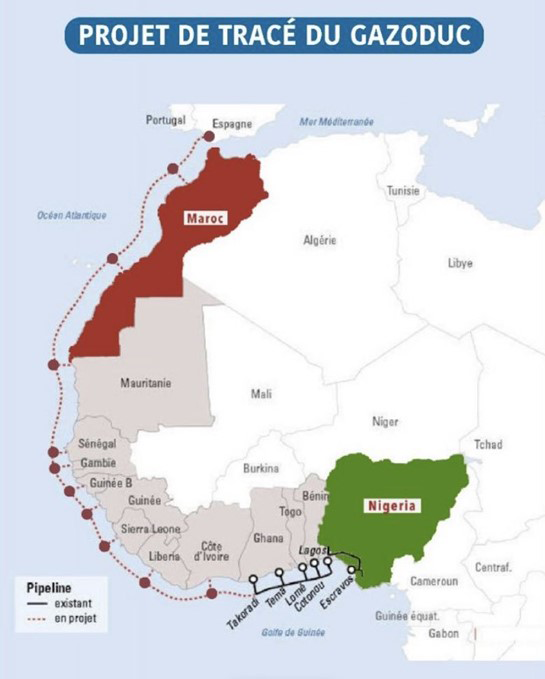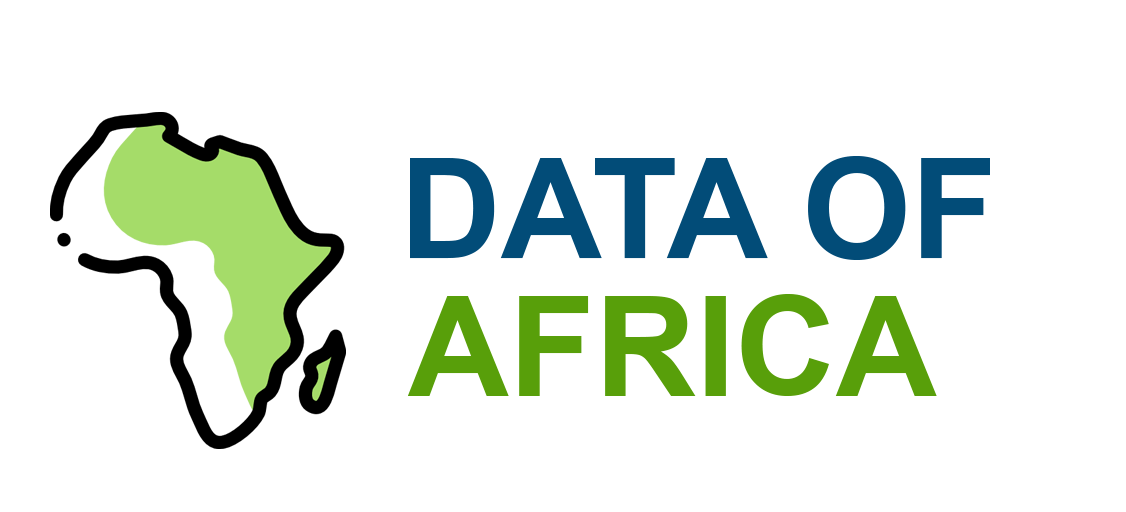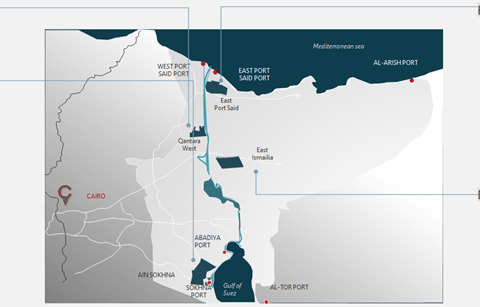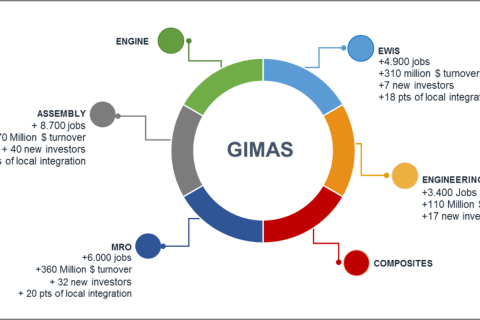
The Nigeria–Morocco Gas Pipeline (NMGP) is one of the most ambitious energy projects on the African continent. Launched in 2016 during King Mohammed VI’s visit to Nigeria, the project aims to build a nearly 6,000-kilometer gas pipeline connecting the Niger Delta to Morocco’s Atlantic coast along the West African coast. It is one of the longest offshore and onshore gas pipelines in the world.
This pipeline will cross at least 13 countries: Nigeria, Benin, Togo, Ghana, Ivory Coast, Liberia, Sierra Leone, Guinea, Guinea-Bissau, Gambia, Senegal, Mauritania, and Morocco. It is expected to eventually connect to the European gas network via Spain, providing the continent with an additional gateway to international markets.
The NMGP has multiple objectives:
- Exporting Nigerian gasto West Africa and Europe, reducing the dependence of the countries crossed on more expensive and polluting hydrocarbon imports.
- Supplying local marketsto support industrialization, improve access to energy and stimulate the production of cleaner electricity compared to fuel oil and coal.
- Promoting regional integrationthrough a joint infrastructure project, which creates lasting economic and strategic links between the partner states.
The project is estimated to cost $25 billion, financed through a complex arrangement involving the states involved, ECOWAS, international financial partners, and energy companies. The Nigerian National Petroleum Corporation (NNPC) and Morocco’s National Office of Hydrocarbons and Mines (ONHYM) are jointly leading its implementation.
- The expected results are significant:
- Ddevelopment of industrial zones and new economic sectors in the countries crossed.
- Crcreation of thousands of direct and indirect jobs during the construction and operation phase.
- Contributionto the energy transition, by replacing more polluting fuels with natural gas.
- Strengthening the senergy security in West Africa and the Maghreb.
But the NMGP is also a colossal challenge. Infrastructure safety along such a long route, geopolitical risks, environmental issues (crossing fragile ecosystems), and the volatility of global gas markets are all factors that must be addressed.
Despite this, the Nigeria–Morocco Gas Pipeline embodies an ambitious pan-African vision, focused on a future where energy becomes a vector of unity, shared prosperity, and openness to the world. The project is currently at the advanced feasibility study stage, with strong government commitments to its realization within the next decade.




